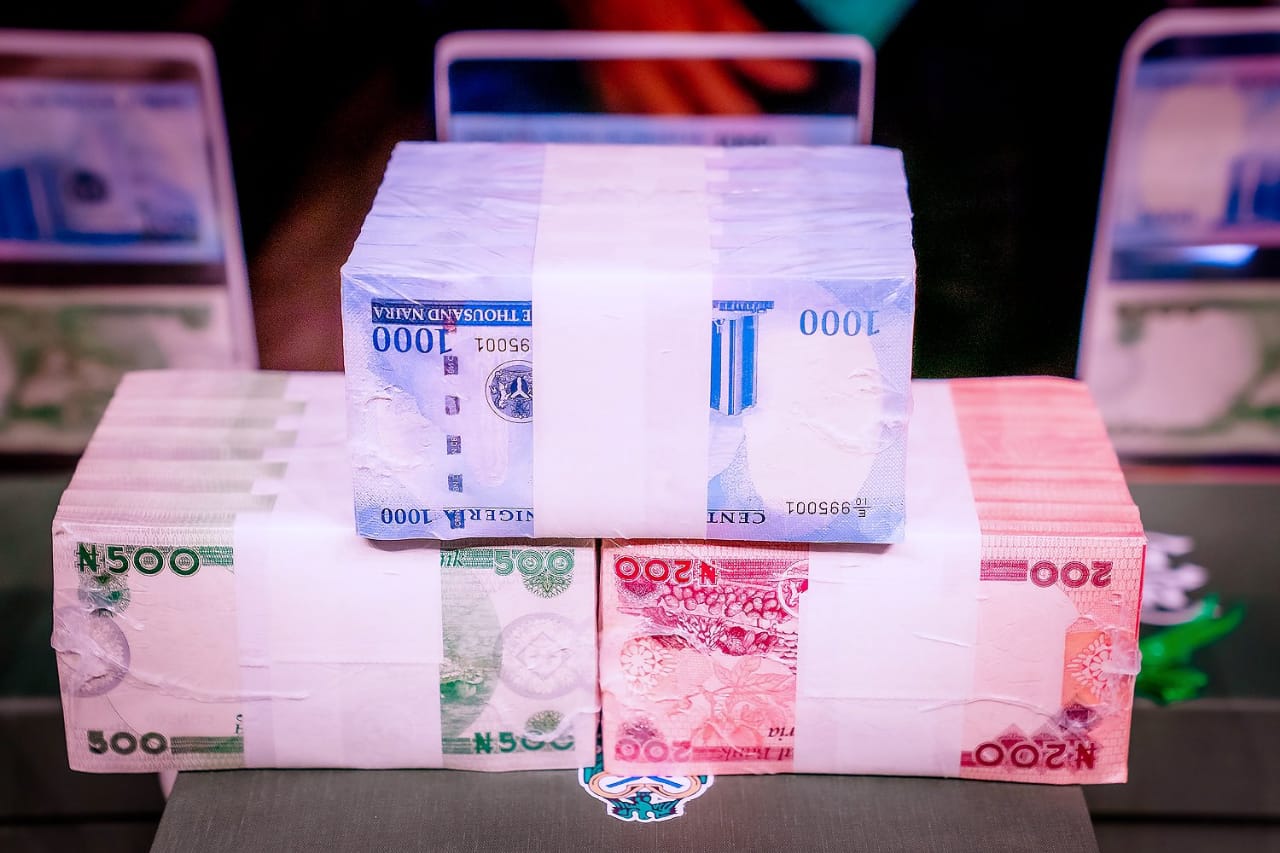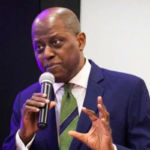In the medical world, the prefix ‘hypo’ is added to an entity to indicate loss or a reduction in quantity of that thing. So, for example, hypocalcaemia means you have low calcium and hypotension means low blood pressure. In the same vein ‘hyper’ means higher quantity or levels of something just in the way ‘Hypertension’ means a high blood pressure.
These days, Nigerians are suffering from ‘hyponairaemia’. Low levels of Naira.
I am one of those who believe in the cashless policy. I firmly believe that for an economy to thrive, financial transactions need to be transparent so that they can be tracked. There is nowhere else in this world that one can buy a house for N100million upfront and in cash, except in Nigeria. The entire world has adopted a cashless economy and Nigeria cannot be left behind. My Uber app does not allow for cash payments as soon as I leave the shores of this country. In Saudi, an old man in a derelict shop in Jeddah noticed as I struggled to differentiate between SR100 and SR10 while making payment and asked in halting English- ‘Hajja, no card?’
Whatever Oga Emefile’s motives are and whether he is guilty of the accusations flying around, is not my business. What is evident, is that the decision to reduce the amount of physical cash in circulation is a step in the right direction.
- New naira notes: Pressure mounts on CBN to extend Jan 31 deadline
- CBN deadline and new notes circulation crises
Echekoba and Ezu (2012) in research carried out in Nigeria, observed that 68.2% of the respondent complained about long queues in the bank, 28% complained of bad attitude of teller officers (cashiers) while 2.89% complained of long distance to bank locations to their home or workplace. Likewise, in her 24th NCS conference in December 2011, CBN data shows that 51% withdrawal done in Nigeria was through automated teller machine (ATM), while 33.6% was through over the counter (OTC), cash withdrawals and cheque 13.6%. Payment was also done through point of sale machine (POS) which accounted for 0.5% and web 1.3%.
The cashless economy policy of the CBN is therefore designed to provide mobile payment services, breakdown the traditional barriers hindering financial inclusion of millions of Nigerians and bring low cost, secure and convenient financial services to urban, semi – urban and rural areas across the country.
That being said, the problem of our dear country has never been about brilliant policies, but about implementing them. Issuing short deadlines, diverting new notes meant for ATMs to personal houses, creating a false scarcity, disregarding people living in rural villages where their banks have been destroyed by Boko Haram and creating needless hardship are some of the repercussions of a good policy that has not been thoroughly thought out.
Some of the challenges of this policy are: a) Nigeria is cash – based, people are accustomed to using cashing for most of their transactions b) The security issue is one of the major challenges in the development of cashless policy in Nigeria. For example, in some rural areas, there is only one bank available to serve over 3million people! Some communities have to travel to the state capital for a transaction. c) Low Level of Internet penetration and poorly developed telecommunication impede smooth development and improvement of e-payments and e-commerce d) Lack of suitable legal and regulatory framework for e-payment: Nigeria current laws do not accommodate electronic contracts and signatures e) The state of electrical power in Nigeria today cannot accommodate smooth operations of financial activities. There is need to develop a reliable and sustainable power supply and frankly, diesel generators are not the answer f) Nigeria’s high rate of illiteracy may affect the total implementation of the cashless policy.
Recall that on the 1st of April, 2017, the CBN after commencing a nationwide implementation of cashless policy had to suspend it after three weeks in 30 states of the federation.
However, of all these challenges, the people who will feel the most blow are those with micro and small-scale businesses. A price tag 1.25% of the cost of every transaction done through the point-of-sale terminal will be charged by the operators of the terminals. For instance a micro or small scale business owner who makes a million naira daily on sales will have to remit 1.25% of the amount, which is N12, 500, if point of sale (POS) is used for all the transactions. This is in addition to the bank’s charge for commission on turnover (COT) of 0.5%, which is N5000. These charges lead to an increase in the overhead cost of running the business. Irrespective of the risk and losses.
And this is me being generous. How many small-scale businesses make a million a day?
Another important issue that affects the Micro and Small-Scale businesses is security of funds. A situation where there is a communication breach a transaction and the business owner does not receive an alert to confirm payment of goods; the buyer may be compelled to make multiple payments for the same transaction. More so, due to the high rate of cyber crime in the society business owners are at risk of being defrauded.
There is an incident I remember in anger. I was suffering from Hyponairaemia (yes, I was broke) and I had to buy a flight ticket. I used my last money to purchase the ticket. Immediately after making the payment, my computer screen went blank and immediately left the website. I checked my phone and sure enough I had been debited. I must have checked my email a thousand times that day, but there was no ticket. It was a Friday and I was supposed to travel on Sunday. My bank people said to wait that “the money would be reversed within two working days”. So, there I was, no money and no ticket. And it was an official trip.
Luckily, my sister bailed me out by buying me another ticket. My money was reversed after five days. Imagine, if that was your whole capital and source of livelihood? What about those people selling fruits by the roadside?
“Eneke the bird says that since men have learned to shoot without missing, he has learned to fly without perching” -Chinua Achebe, Things fall apart.
Firstly, we must encourage all our loved ones to open an account. There are many agency banking outlets that do not require for a person to enter into the banking hall. Common examples are First bank and FCMB.
Secondly, find an honest (emphasis on honest) POS agent near you or in the village near your loved ones. You can transfer money to their accounts for them to withdraw.
Thirdly, the smaller denomination notes are not affected, so you can ask for them at the bank or POS. This however requires negotiation and a lot of smiles. It helps if you already have an existing rapport with someone at the bank. It took a lot of calls, but I was finally able to get N20,000 in N100 bills for safekeeping at home. Like I mentioned earlier- I believe in this policy, but how am I supposed to pay the girl who comes to plait my daughter’s hair? Or give the plumber N700 to buy a waste pipe? How am I supposed to give my son money for lunch? How do I buy agbalumo on the street?
Since ATMs are only dispensing new N1000 and N500 notes, and the queues are from here to heaven, therefore, the lower denominations will be our saviour.
Another way out of this quagmire is through Gift cards. I know gift cards are not a big deal in this environment but they exist and it is time we learnt how to use them. Afterall, necessity is the mother of invention. Banks like Zenith, offer prepaid cards to customers. Therefore, one can purchase a card and load it with eg N20,000 and gift it to your old grandmother in the village. She will be able to use it in shops and withdraw from a POS without having an account. Simple!
We must find a way to live with this policy. Na condition make crayfish bend!




